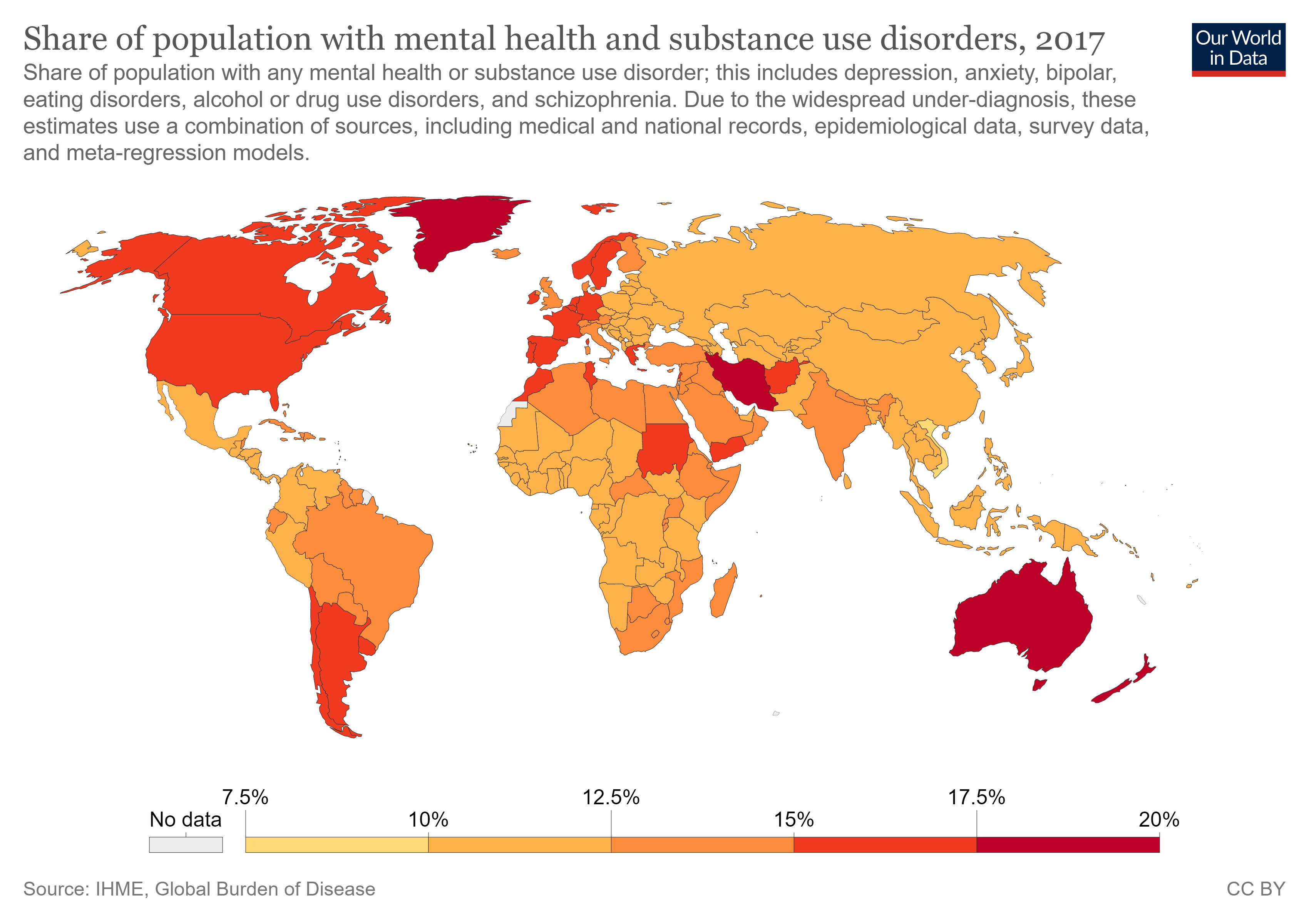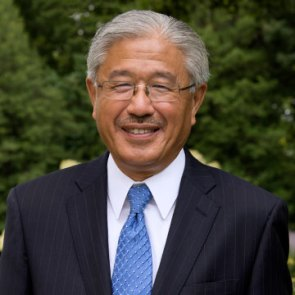(WASHINGTON, DC – October 12, 2020) – Mental illness is the leading cause of disability worldwide; 25 percent of the global population has a mental illness, and health care costs and lost productivity due to mental illness cost $3 trillion annually. Despite these statistics, nearly one-third of people around the world experiencing mental illness cannot access treatment. Due to lack of investment in community care and research, stigmatizing attitudes, and fragmented health care systems, global outcomes after a mental health diagnosis have shown minimal improvement over time.

Victor J. Dzau, MD, president of the National Academy of Medicine (NAM), has listened to countless discussions about the need to improve mental health outcomes but, until recently, hadn’t seen those discussions result in meaningful investments. When he was invited to help launch a bold initiative with a radical approach and billions of dollars in funding, he realized it was the opportunity he’d been waiting for – a bold, breakthrough innovation capable of transforming the face of mental health care worldwide.

As co-chair of Healthy Brain Global Initiative (HBGI), Dr. Dzau, along with co-chair Garen Staglin, the founder of One Mind, will lead experts, financiers, and persons with lived experience who have been tasked with developing strategies to make changes in the lives of those with mental and neurological disorders. HBGI will break down siloes and mobilize health care providers, researchers, policy makers, economists, bankers, and leaders in medicine to work toward a common goal.
The initiative also has a daring fundraising goal that will enable significant, long-term investment. Through strategic relationships with philanthropic organizations, banks, governments, and sovereign funds, HBGI aims to raise $10 billion, which will be utilized over 20 years to understand the economic and health impacts of mental illness, conduct research, invest in treatment, and implement prevention strategies.
In the early stages of HBGI founding, the NAM played a key role in convening research experts, clinical leaders, economists, financiers and people with lived experience to plan the initiative. NAM members have played a role in leading, planning, and measuring impacts of the project. Dr. Dzau said the initiative is “changing the nature of the National Academies by bringing the private sector including bankers, financiers, investors and philanthropists to collaborate with the public sector on a shared vision and mission, and develop shared solutions.” NAM members are leading HBGI’s board of directors targeted working groups within the initiative. For example, Husseini Manji, Janssen Research and Development, LLC serves on HBGI’s Board of Directors, Steve Hyman, Broad Institute of MIT and Harvard is co-leading the Use of Proceeds Working Group which will design the scientific strategy; Chris Murray, Institute Director at the Institute for Health Metrics and Evaluation at the University of Washington, is co-leading the “Pay for Metrics Group” responsible for measuring trends in the global burden of mental illness and Tim Evans, McGill University is co-leading the Governance Working Group. “Although this is not an official project of NAM, HBGI illustrates how the NAM can contribute to important global initiatives through its leadership, expertise and radical partnerships beyond the health and scientific communities” notes Dr Dzau.
This project will not only benefit citizens in wealthy countries like the United States, but also improve the health and well-being of people in nearly every country around the world. “This isn’t a rich country initiative. This is for everyone,” Dr. Dzau noted. Currently, HBGI’s leaders are discussing what, how and where its funded research will take place. It is anticipated that much of the work will be hosted by developing countries and will include cohorts large enough to make the results generalizable. Additionally, people with lived experience will be engaged at every stage of the initiative; they are part of the initiative’s governing board and will provide insights on the barriers people are likely to experience in accessing treatment and other resources.
Dr. Dzau noted that, throughout his career in cardiovascular medicine, he has seen the development of drugs, technologies and interventions that have, over 50 years, reduced death rates by 50 percent. He believes the time has come for the field of mental and brain health to see the same type of bold ideas that lead to big improvements in outcomes.
HBGI will officially launch in 2021 at the World Economic Forum in Switzerland, guided by an interim board of directors made up of 14 international experts and directed by interim CEO Brad Herbert, who brings decades of international fund experience to HBGI. Over 20 years, the initiative will work to transform mental health globally, including an explicit goal to reduce rates of mental illness. Additional goals of the initiative include reductions in morbidity and mortality, reductions in disability, and improvements in quality of life.
“I feel privileged to help bring together people from within and outside of the fields of health and medicine to work together for change,” Dr. Dzau said. He is looking forward to watching this non-traditional initiative develop and create significant change for people impacted by mental illness.
Initial funding and support for HBGI is provided by Johnson & Johnson, Otsuka, One Mind, the National Academy of Medicine, and Wellcome Trust. Learn more about the initiative here.

